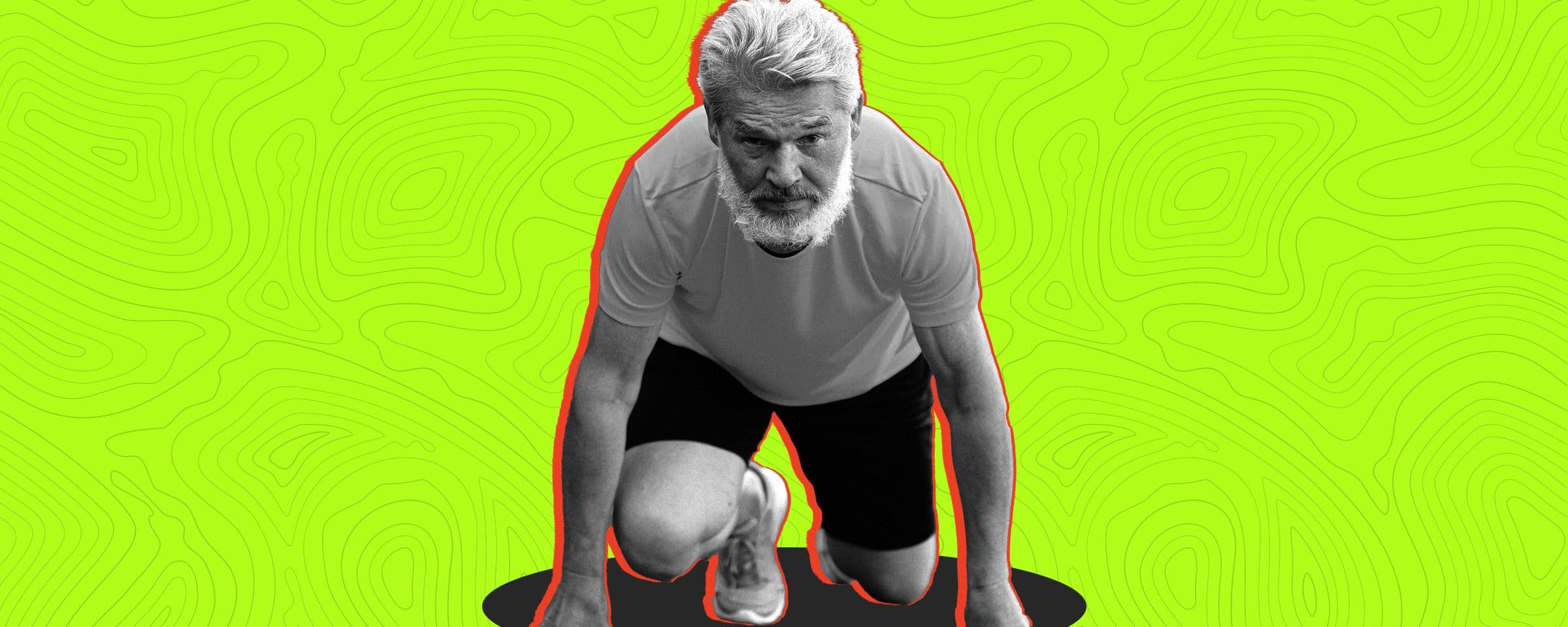Recognising and Treating Eating Disorders: Key Insights

Introduction
A survey conducted in 2015 by the National Institute of Mental Health and Neurosciences (NIMHANS)found that around 2% of India is suffering from eating disorders, that’s more than two crore people. Sounds crazy, right? By 2018, it was even scarier as 6.5% of adolescent girls in the country were found to be suffering from eating disorders. If we take a proper and detailed survey across India, the number is expected to be much higher.
Understanding Eating Disorders
Eating disorders are mainly in the person's mind. They can be identified by eating patterns that are out of the ordinary, random, and affect one's mind and thoughts. They can be severe conditions affecting physical, psychological and social functioning.
The most common eating disorders are anorexia nervosa (also called anorexia), bulimia nervosa (also just called bulimia), and binge eating disorder (BED). There are many more types of eating disorders, and they all need their own way of attention and treatment.
So, let's take a look at the three most common eating disorders.
Anorexia Nervosa
This is an eating disorder where the person is super scared to put on some pounds and has a body image of themselves that is just quite unhealthy. They try to reach what they feel they should like in the most harmful ways, like starving themselves or using laxatives. Taylor Swift actually opened up about her anorexia recently, and she's one of many celebrities who have faced the psychological issue of trying to look "perfect".
Signs of Anorexia Nervosa:
-
A lot of weight loss or being underweight for age and height
-
Preoccupation with food, dieting, and body size
-
Refusing to eat certain foods or entire food groups
-
Intense fear of gaining weight
-
Distorted perception of body weight and shape
-
Social withdrawal and isolation
-
Obsessive rituals related to food and eating
-
Physical symptoms such as fatigue, dizziness, and irregular menstrual cycles
Bulimia Nervosa
This eating disorder involves people doing the most extreme things to lose weight after eating, such as trying to puke it all out, taking laxatives, or exercising until they drop. Unlike anorexia, people with bulimia nervosa may maintain an average weight, making the disorder less visible, but it is still as dangerous.
Signs of Bulimia Nervosa:
-
Frequent episodes of consuming enormous amounts of food in a short period
-
Feeling a lack of control during binge episodes
-
Engaging in compensatory behaviours after eating, such as purging, fasting, or excessive exercise
-
Preoccupation with body weight and shape
-
Swelling of the cheeks or jaw area due to frequent vomiting
-
Discolouration or staining of teeth
-
Scarring on knuckles from inducing vomiting
-
Secretive behaviour around eating and purging
Binge Eating Disorder
This is one of the most common eating disorders around the world, and as you can guess, it involves overeating food in too little time, many times up to the point of discomfort. A recent study revealed that over 10% suffer from it. Now, we've all stuffed ourselves to the point where we can stand, especially when we visit our favourite barbecue joint, but people with Binge Eating Disorder tend to do this quite often.
However, what sets this disorder apart is that there is no force to stay in shape, so people tend to gain weight.
Signs of Binge Eating Disorder:
-
Eating large amounts of food in a short period, even when not feeling hungry
-
Eating too fast during these episodes
-
Eating alone or in secret to avoid embarrassment
-
Feeling guilty, ashamed, or distressed after binge eating
-
Frequent dieting without significant weight loss
-
Weight fluctuations or obesity
-
Low self-esteem and body dissatisfaction
Disordered Eating
Although this is not an official disorder, this can mean any sort of eating pattern that may not meet the requirement for the prominent three eating disorders but still negatively impacts someone's health and well-being.
Disordered eating can include behaviours such as chronic dieting, obsessive calorie counting, skipping meals, or using food as a means of coping with emotions.
Recognising the Signs of Disordered Eating:
-
Frequent dieting or restricting food intake
-
Obsessive focus on food, weight, and body image
-
Skipping meals or restricting food groups
-
Emotional eating or using food to cope with stress
-
Exercise that feels compulsive or driven by the need to burn calories
-
Feelings of guilt or shame related to eating habits
-
A distorted relationship with food and body image

The Importance of Catching it Early
Finding and pointing out eating disorders early is the best way to get them gone. Unfortunately, many times, these disorders go undiagnosed until they become terrible because of the stigma around them, the fear of judgement, or just a general lack of awareness.
Friends, family, loved ones, and healthcare professionals play a vital role in identifying potential eating disorders and encouraging those affected to seek help.
Steps to Take If You Suspect an Eating Disorder
Educate Yourself: Understanding the signs of an eating disorder is the first step in recognising when your loved one is struggling. Familiarise yourself with the different types of eating disorders.
Have Some Compassion: If you feel someone has an eating disorder, be empathetic and don't be judgemental. Don't just call them out for their unhealthy eating habits.
Recommend Professional Help: Try to advise them to seek help from a professional like a doctor, therapist, or dietitian who specialises in eating disorders.
Be Supportive: Let them know you are there for them through highs and lows. Let it be practice for your wedding vows. Offer to help them find resources, accompany them to appointments, or simply be there for them.
Avoid Triggers: Be mindful of your language around food, body image, and weight. Try not to talk about weight loss, dieting, or appearance unless they bring it up, as it can be triggering for someone with an eating disorder.
Treatment for Eating Disorders
Eating disorder treatment requires some time and effort, not only from the patient but also from the healthcare provider and loved ones. Each person's case is different, so there'll be a mix of counselling, medication, and psychotherapy. The doctor usually understands the patient's struggles and then gives them a personalised path to health.
Medical Monitoring: People with eating disorders often need their health monitored to find out any physical health issues that have come up because of the disorder. This can include monitoring vital signs, addressing nutritional deficiencies, and managing complications.
Nutritional Counselling: A dietitian specialising in eating disorders can help people cultivate a healthy relationship with food. They'll try to restore balanced eating patterns in the patient, help them understand portion sizes, and bust any misconceptions they might have about food and nutrition.
Psychotherapy: Psychotherapy, especially cognitive-behavioural therapy (CBT), is a crucial component of eating disorder treatment. CBT helps people identify and challenge negative thought patterns and behaviour related to food, their body, and self-worth.
Depending on the patient, other therapy methods, such as family-based therapy or dialectical behaviour therapy, can also be used.
Support Groups: Support groups provide a safe space for people to share their experiences and connect with others who are going through similar issues. These groups can be a great source of encouragement and support during recovery.
Medication: In some cases, medication may be prescribed to address mental health conditions, such as anxiety, depression, or OCD, that many times come with eating disorders. Medication can help manage the symptoms and support the treatment that is going on.

Seeking Support for Eating Disorders
If you or someone you know is struggling with an eating disorder, you must get them to seek support as early as possible. Recovery from an eating disorder is a challenging process. Still, with the proper treatment and support, the person can regain control over their life, achieve a healthy relationship with food and body image, and become the next Hrithik Rohan.
Conclusion
It's time we recognise eating disorders as severe mental health conditions that require attention, understanding, and professional intervention. When you recognise the signs, encourage those affected to get help; we can help them get back to becoming fab and fit. If you or someone you know is struggling with an eating disorder, reach out for help today. Recovery is possible, and you don't have to face it alone.






